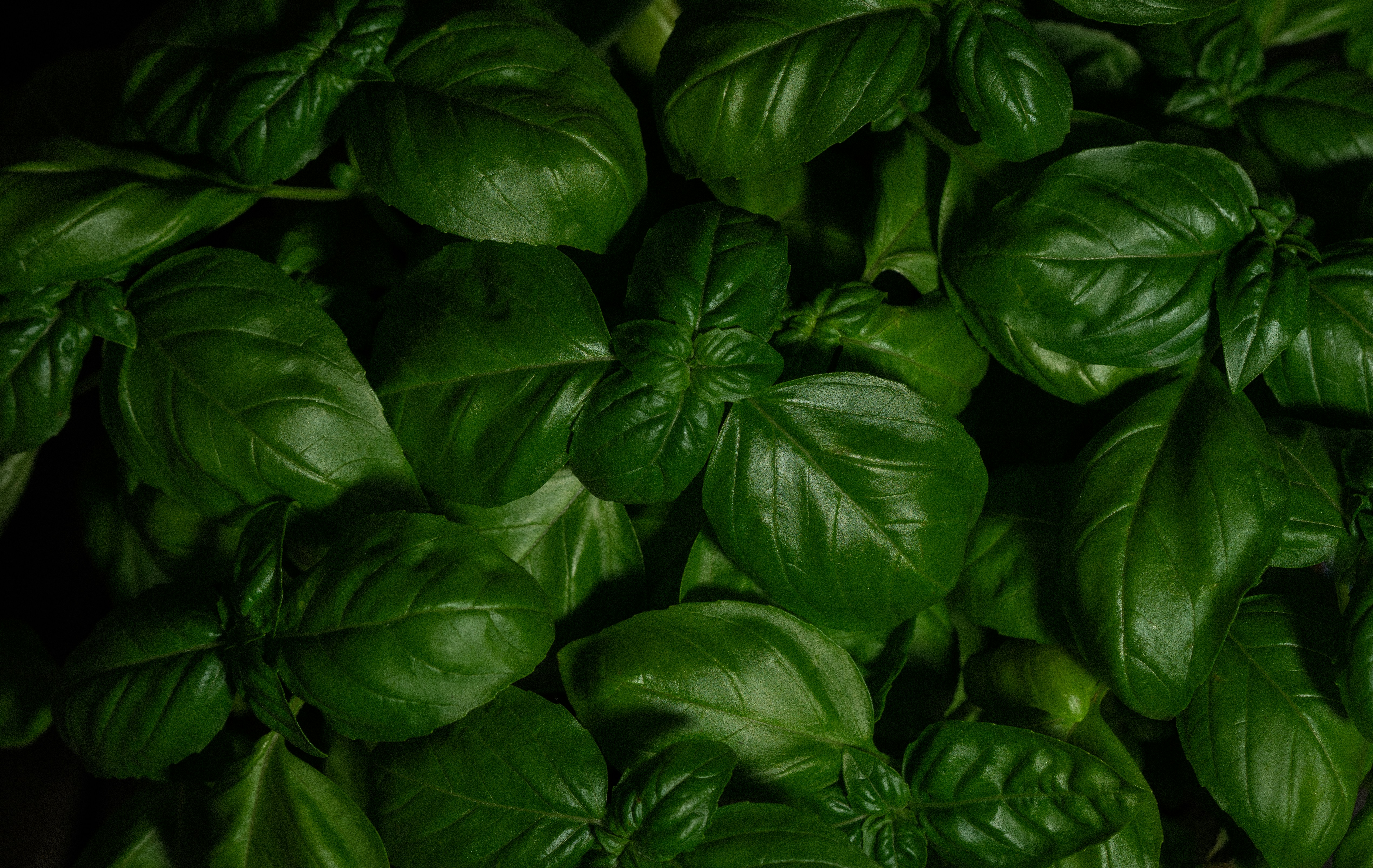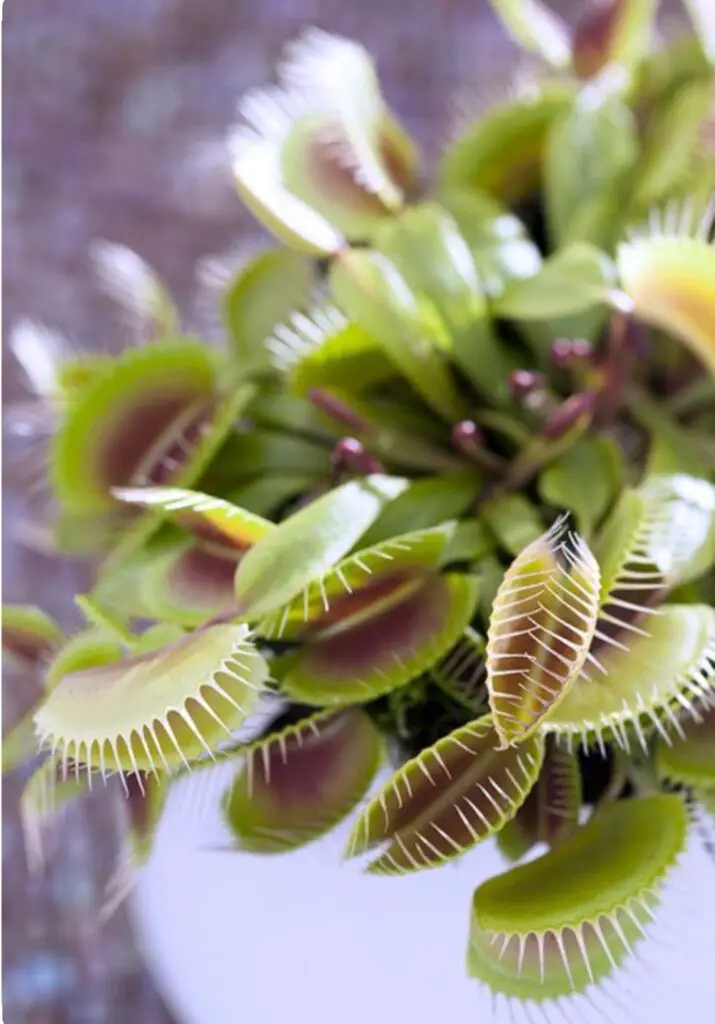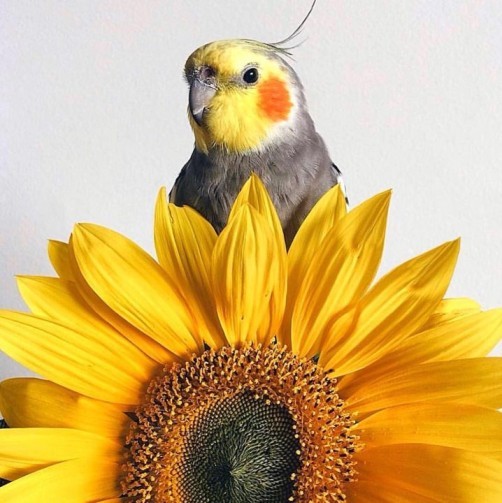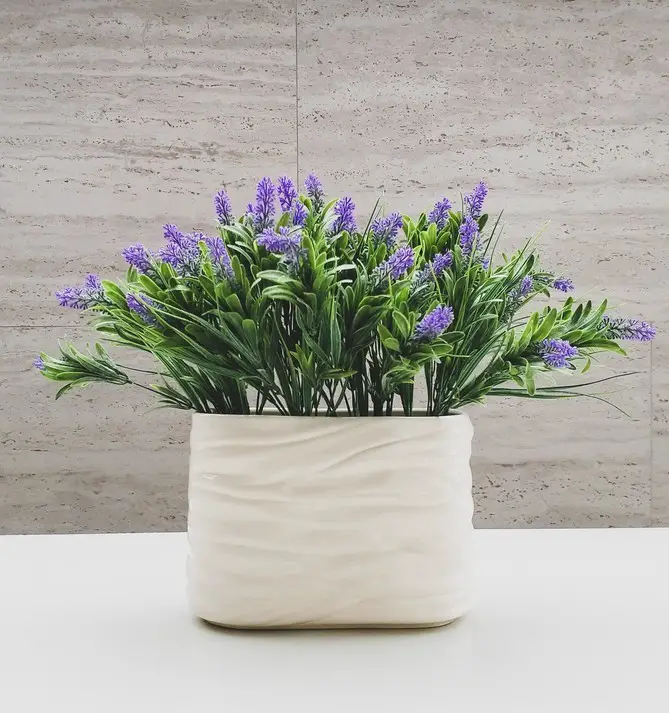
Genovese Basil, also known as Ocimum basilicum, is a popular herb used in cooking due to its aromatic leaves and distinct flavor. Many gardeners enjoy growing Genovese Basil in their gardens, but if you have birds visiting your garden or have bird pets, you may be wondering if this herb is safe for them to be around. Let’s explore whether Genovese Basil is toxic to birds and how you can keep your feathered friends safe.
Read on How to Grow Genovese Basil
Understanding Bird Toxicity
Birds have unique metabolic systems that can make them particularly sensitive to certain plants. Some substances that are harmless to humans and other animals can be toxic to them. It’s important to be aware of potential hazards in your garden to ensure the safety of your avian visitors.
Genovese Basil and Birds
Fortunately, Genovese Basil is not toxic to birds. Birds can safely be around this herb without any adverse effects. Some birds may even enjoy nibbling on the leaves or seeds of Genovese Basil.
However, it’s important to note that while Genovese Basil is safe for birds to consume in small quantities, it should not be the sole source of their nutrition. Birds have specific dietary requirements, and a varied diet consisting of seeds, fruits, insects, and other natural food sources is essential for their health and well-being.
Read more Are Dandelion Plants Toxic to Birds?
Creating a Bird-Friendly Garden
While Genovese Basil is safe for birds, there are other factors to consider when creating a bird-friendly garden. Here are some tips to make your garden a welcoming space for our feathered friends:
1. Provide a Water Source
Birds need a reliable water source for drinking and bathing. Consider installing a birdbath or a shallow dish of water in your garden. Make sure to clean and refill it regularly to prevent the spread of diseases. Adding a small fountain or dripper can also attract birds with the sound of running water.
2. Plant Native Trees and Shrubs
Native trees and shrubs provide birds with food, shelter, and nesting sites. Research the native plants in your area and incorporate them into your garden to attract a variety of bird species. Different species of birds have different preferences, so a diverse selection of plants will attract a wider range of birds.
3. Avoid Pesticides and Herbicides
Chemical pesticides and herbicides can be harmful to birds and other wildlife. Instead, opt for natural pest control methods such as companion planting, introducing beneficial insects, or using organic pest control products. This will help maintain a healthy ecosystem in your garden and protect the birds from exposure to harmful chemicals.
4. Offer Bird Feeders
Bird feeders filled with seeds or nectar can supplement the natural food sources in your garden. Place feeders in safe and accessible locations, away from potential predators. Different types of feeders will attract different bird species, so consider offering a variety of feeder styles and food options to cater to a diverse range of birds.
5. Create Sheltered Areas
Birds need sheltered areas to rest and hide from predators. Plant dense shrubs or install birdhouses and nesting boxes to provide safe havens for birds. Ensure that the birdhouses and nesting boxes are appropriately sized and positioned to attract specific bird species. Providing nesting materials such as twigs, grass, and feathers can also encourage birds to build their nests in your garden.
Frequently Asked Questions
Q: Can birds eat Genovese Basil?
A: Yes, birds can safely eat Genovese Basil. However, it is important to note that birds have different dietary needs, and Genovese Basil should not be the sole source of their nutrition.
Q: Are there any herbs that are toxic to birds?
A: While Genovese Basil is safe for birds, some herbs can be toxic to them. That includes parsley, chives, and tarragon. It is always best to research the specific herb before introducing it to your garden if you have birds.
Q: How can I attract more birds to my garden?
A: To attract more birds to your garden, provide a variety of food sources such as bird feeders with different types of seeds, fruits, and nectar. Also, create a bird-friendly environment with water sources, native plants, and sheltered areas. Offering nesting materials and maintaining a pesticide-free garden will also help attract birds.
Conclusion
Genovese Basil is not toxic to birds, making it a safe herb to have in your garden. By following the tips mentioned above, you can create a bird-friendly environment that will attract and protect these beautiful creatures. Enjoy the presence of birds in your garden while providing them with a safe and welcoming space.




